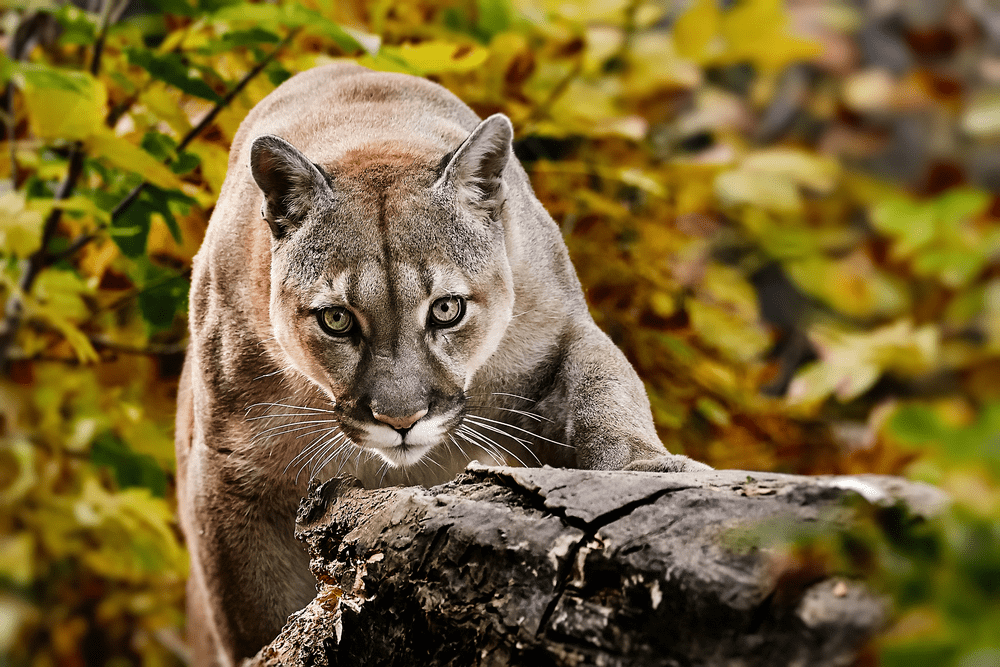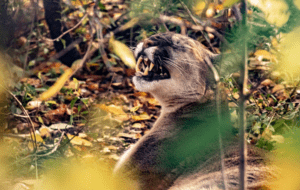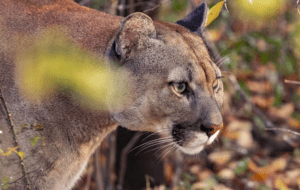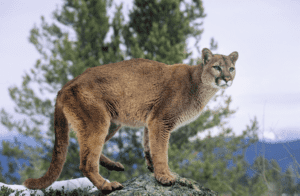Have you ever wondered where does a mountain lion live? These felines are quite shy and elusive, so much so that many people don’t even realize they exist in some areas. Adult mountain lions can weigh up to 200 pounds and measure up to seven feet long from nose to tail. They are an apex predator, meaning they have no natural enemies and sit at the top of the food chain.
Mountain lions are known by many names including pumas, cougars, and catamounts. In North America, they once roamed nearly everywhere, but now their populations are largely confined to the western United States and Canada.
Table of Contents
Where Does A Mountain Lion Live
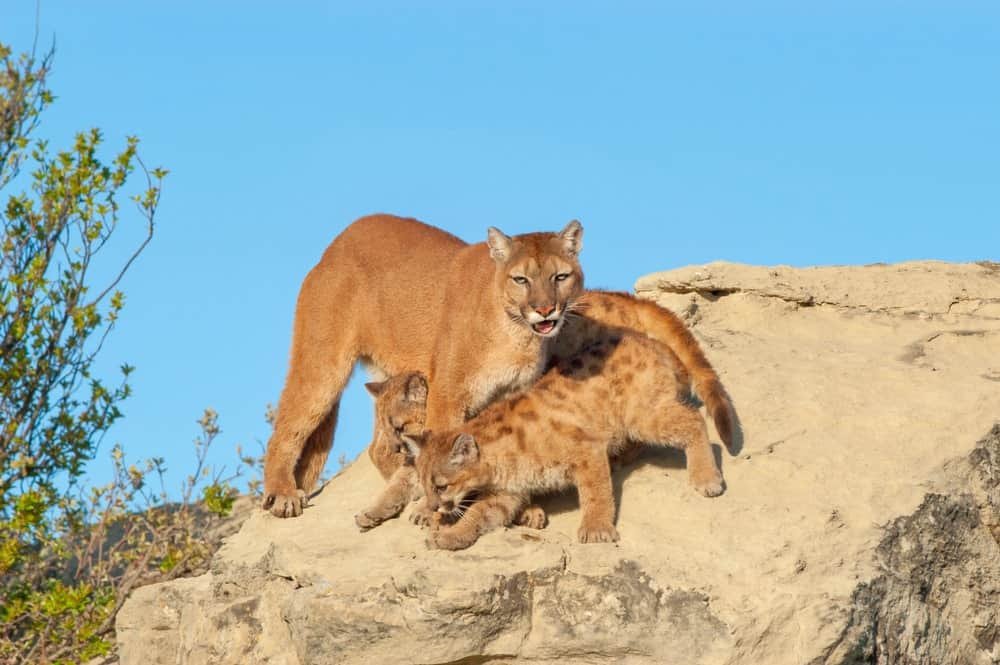
Habitat of Mountain Lions
Mountain lions typically live in areas with adequate prey and cover from the elements and potential predators. Their habitats can range from dense forests to open grasslands, but they prefer areas where there are plenty of trees for shelter and stalking prey.
Mountain lions are one of the most widely distributed land mammals in the Americas. They can be found from Canada all the way down to the southernmost tip of South America. In the United States, they are primarily found in the western states, including California, Oregon, Washington, Idaho, Montana, Colorado, New Mexico and Wyoming. However, there have been sightings in every state except Alaska.
Mountain lions typically inhabit mountainous and hilly terrain, but they can also be found in forests, swamps and deserts. They are solitary animals and tend to shy away from humans. However, as human populations have grown and encroached on their habitat, mountain lions have become more accustomed to being around humans. This has led to more confrontations and, in some cases, attacks on humans.
Interesting Facts About the Mountain Lion

- Despite their large size, mountain lions are very agile and can sprint up to 50 miles per hour.
- Mountain lions are excellent swimmers and have been known to swim several miles offshore in search of prey.
- They are nocturnal hunters and typically hunt alone, although they will sometimes travel and hunt in pairs or small groups.
- Mountain lions typically live for 10-12 years in the wild, but have been known to live up to 20 years in captivity.
- Mountain lions are very solitary creatures and typically only come together to mate. Females will give birth to a litter of two to three cubs, which they will raise for about 18 months before the cubs strike out on their own.
- While mountain lions are apex predators and have no natural enemies, they can fall victim to disease, starvation and predation by other animals, including bears, wolves and coyotes.
Mountain Lion and Human Interaction
As human populations have increased and encroached on mountain lion habitat, the number of confrontations between humans and mountain lions has increased. These confrontations can occasionally result in attacks on humans, which can be fatal. In the United States, there have been 22 confirmed fatalities from mountain lion attacks since 1986.
Mountain lions are protected under state and federal law in the United States. This means that it is illegal to hunt or kill them except in certain circumstances, such as self-defense or defense of property.
If you live in an area where mountain lions are known to roam, there are a few things you can do to reduce the risk of confrontation:
- Keep your pets leashed and supervised when they are outside.
- Do not feed mountain lions or other wildlife.
- Make sure trash is properly secured.
- Be aware of your surroundings when you are hiking or camping in mountain lion territory.
If you encounter a mountain lion, it is important to stay calm and avoid making sudden movements. Try to make yourself appear as large as possible by raising your arms or opening your jacket. Speak firmly and slowly in a low voice. Avoid turning your back on the animal and do not run away. If the mountain lion does attack, fight back with whatever you have available.
Are Mountain Lions Endangered?
The United States Fish and Wildlife Service lists the mountain lion as a species of least concern. This means that it is not currently in danger of becoming extinct. However, their populations have declined in some areas due to habitat loss, hunting and conflicts with humans.
One major threat to mountains is light pollution. When artificial light shines into their habitat, it can disrupt their natural patterns of activity and make it difficult for them to find food and mates. In some areas, this has led to a decline in mountain lion populations.
Climate change is also a major threat to mountain lions. As temperatures rise and their habitat becomes drier, they will be forced to compete with other animals for food and water. This could lead to a decline in their populations.
Read Also: Why Do Mountain Lions Scream? How To Identify Mountain Lion Sounds

